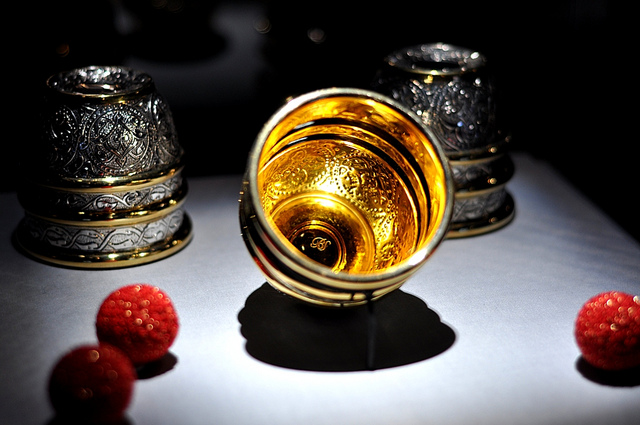A quantum shell game that street hustlers would hate
Ars Technica » Scientific Method 2013-02-12

The division between the "classical" and "quantum" worlds is most obvious when performing measurements. In classical systems, measurements generally are minimally invasive: you can find your height or weight, for example, without changing either quantity in a noticeable way. Quantum systems, however, have an interdependence between the instrument and the object being measured. In recent years, weak measurements have probed the division between the classical and quantum regimes by limiting the interaction between the apparatus and the system being measured.
Another approach to probing this distinction involves strong measurements that have no classical counterpart. Richard E. George and colleagues demonstrated incompatibility of the naive classical view in measurements on a modified diamond. As they described in a new PNAS paper, the equivalent classical system is similar to the old con known as the shell game: three shells, with a pea under one of them. Here, the act of "measuring" the pea's location has no effect on the system. But the researchers' quantum system excludes this classical behavior well beyond reasonable doubt or random chance.
The shell game analogy
In the classic shell game con, a pea is placed under one of three shells on top of a table. The person running the game then moves the shells around in such a way as to confuse the player, who must bet where the pea now sits.
Read 9 remaining paragraphs | Comments